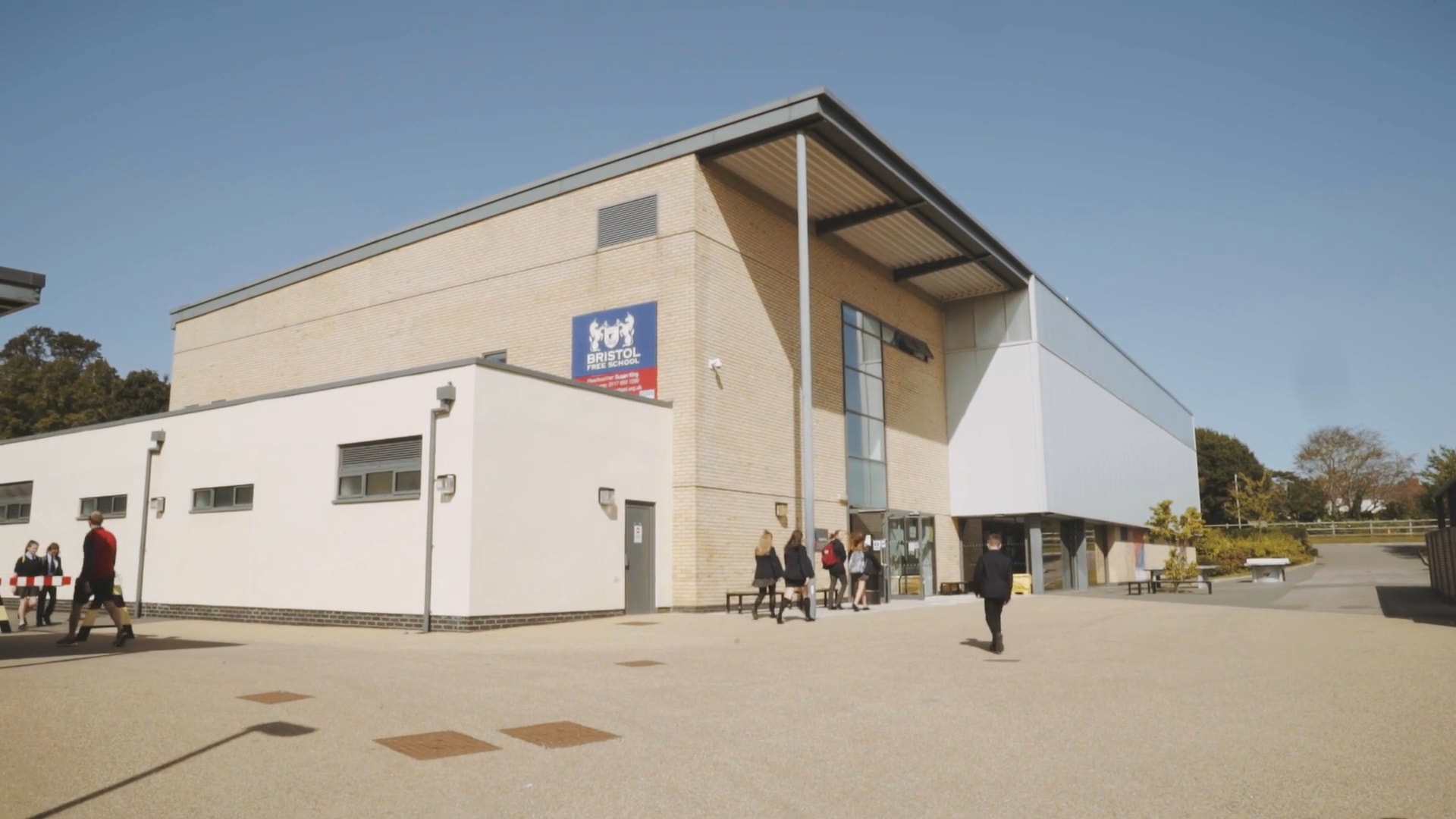
This units bridges the late medieval to early modern period under the broader theme of the Reformation. Students use historical sources to examine the reasons behind Henry VIII’s reforms and how religious change impacted upon the reign of multiple Tudor monarchs and those living under them. Detailed focus is given to the challenges facing Elizabeth I. Students also explore the diversity of the Tudor period through the story of John Blanke.
Was Henry VIII a man or a monster?
Explain how successfully Elizabeth dealt with the problems she faced during her reign
Students will continue to build on the individual learning skills such as source analysis, evaluating interpretations, critical thinking and chronological sequencing.
Understanding the context of religious changes during the Reformation and the diversity of the Tudor period
This unit continues to explore the political changes in the 17th century and how this links to religious changes at the time. Events such as the Gunpower Plot and English Civil War are explored with a focus on concepts such as a cause / consequence and interpretations. The unit ends with reflections on the significance of the Reformation and its resonance through time.
Term 2 assessment on prior content
How should we remember Oliver Cromwell?
Students will continue to develop key skills around evaluating interpretations, source analysis, critical thinking and chronological sequencing.
Students will develop their understanding of the impact of religious and political changes in this period and their resonance to the present.
Students examine a wider range of social, economic and political changes resulting from industrialisation. Students begin by exploring the origins of the Industrial Revolution before drilling down into specific areas of change such as public health, crime, working conditions and the campaign for universal suffrage. Finally, students reflect on the significance of the Industrial Revolution evaluating the extent and depth of change.
To what extent did the Industrial Revolution change Britain?
Students will continue to develop key skills in analysing interpretations, evaluating significance, source analysis, critical thinking and chronological sequencing.
Impact of the Industrial Revolution on the social, economic, political and environmental landscape of Britain and the experiences of different social groups within industrial Britain.
The final unit is a study of the British Empire. Students look at the origins of the British Empire and study a range of source / interpretations. Students draw local connections to Bristol, particularly around migration and the issues of civil rights such as the Bristol Bus Boycott. There is also a focus on the campaign for Indian independence and the significance of Mohandas Gandhi
Term 4 assessment based on learning across Year 8
Students will develop an understanding of the struggles which different groups of people experienced to secure equality and the methods by which they secured this. They will also develop skills in critically examining historical interpretations .
Students will develop a better understanding for the immediate, local, regional and international communities they live in.
Students will learn about the mechanisms of the transatlantic slave trade from capture, through the middle passage to auction and life on a plantation. Students begin by exploring some of the great African civilisation that existed prior to the slave trade and challenging historical stereotypes. Specific focus will be given to Bristol's links to the slave trade and how it has shaped the city past and present.
How useful is the source to a historian studying life on a slave plantation?
Why was slavery abolished in Britain in 1833?
Individuals will develop their understanding of the history/impact of racism and slavery on individuals and a collective.
Students develop empathy and an understanding of their local context and Bristol's own role in the story of slavery and civil rights.
This unit examines the causes, events and outcomes of the French Revolution and its significance both in France and beyond. The unit offers an important context for later units which consider the influence of the French Revolution on Britain and its part in the story of fighting for political change.
What were the causes of the French Revolution? End of Year Assessment
Students will continue to develop key skills in evaluating significance, evaluating interpretations, source analysis, critical thinking and chronological sequencing.
Students will develop their understanding the role of the French Revolution in the evolution of political and human rights in Europe and beyond